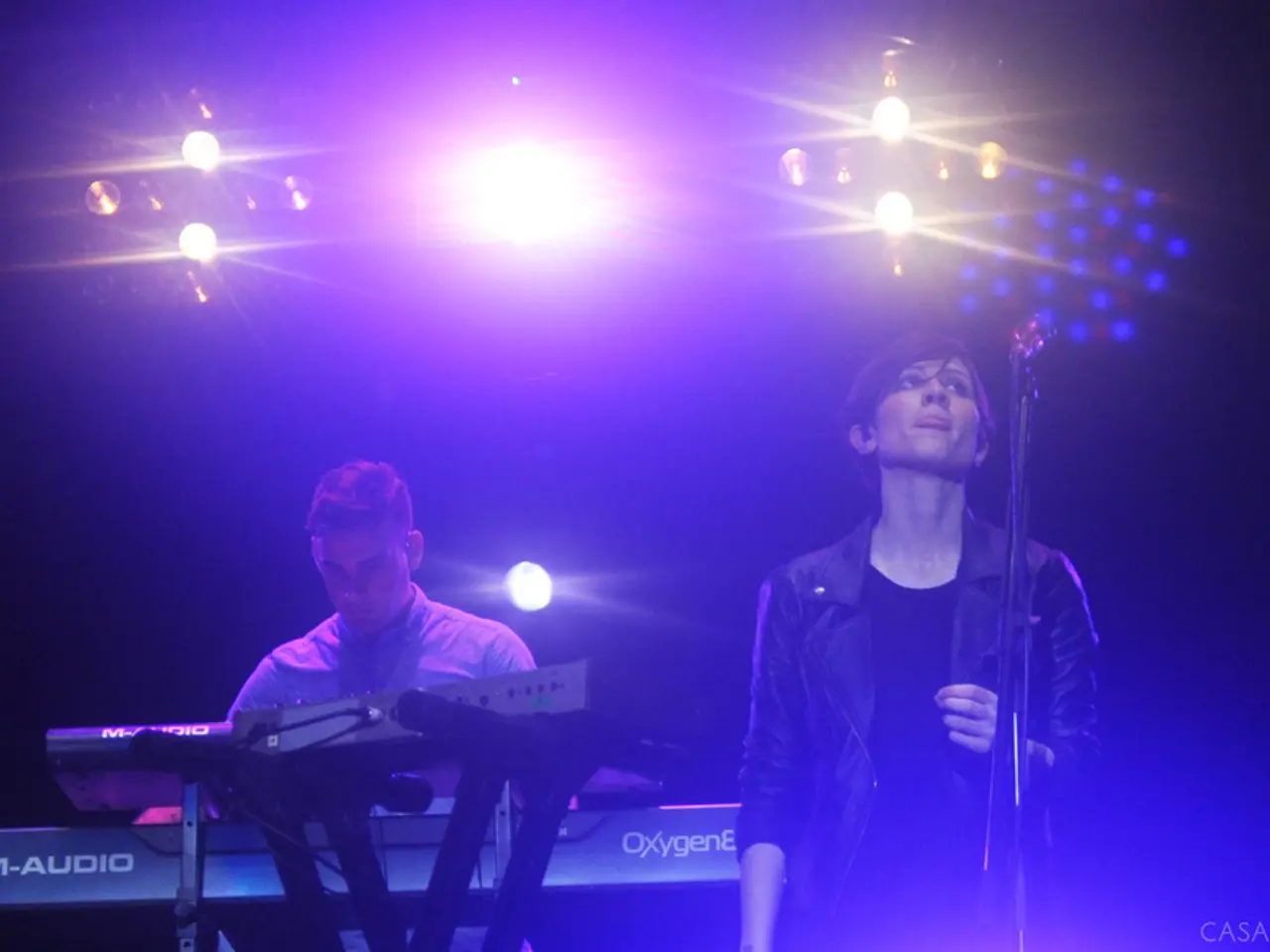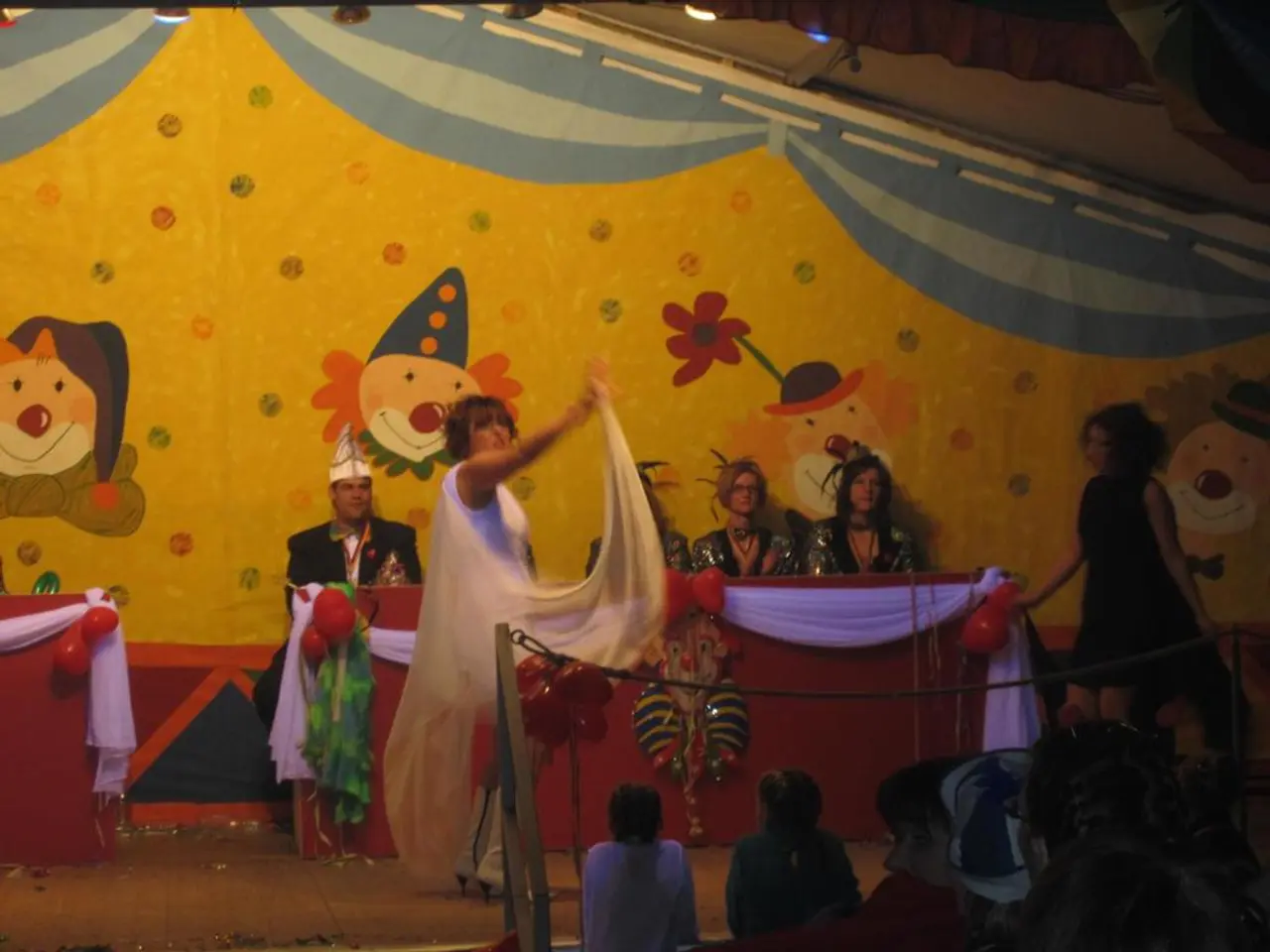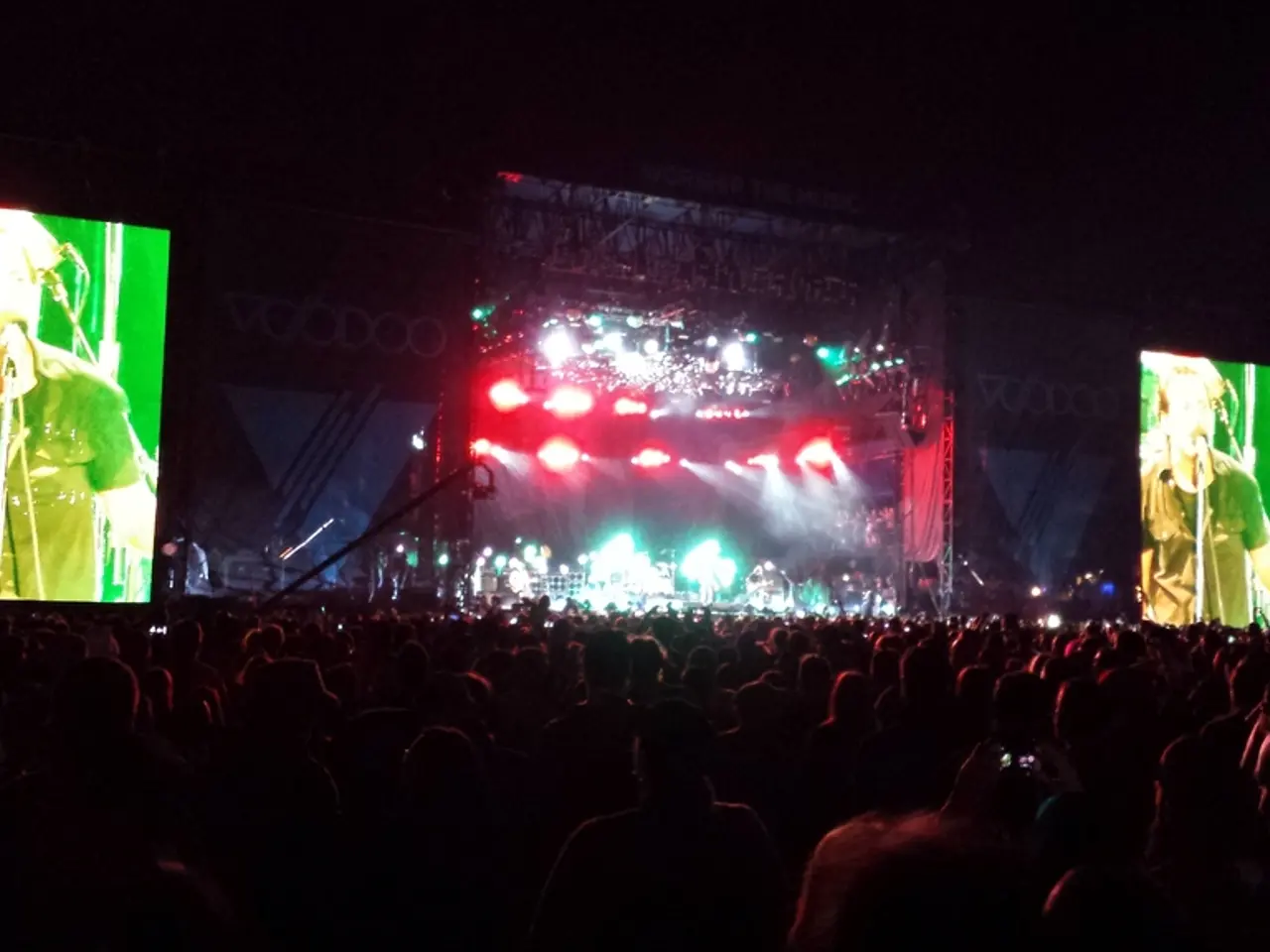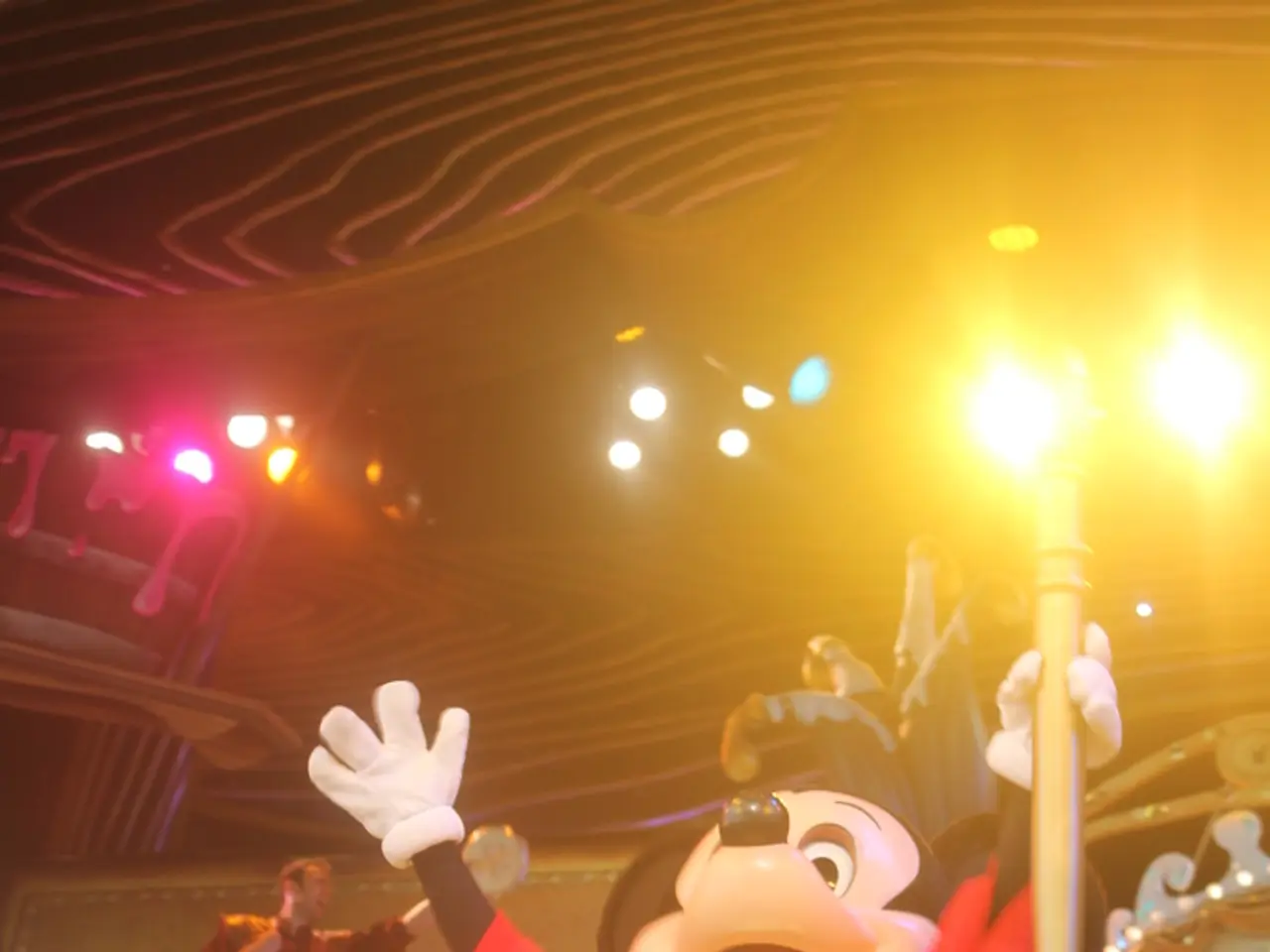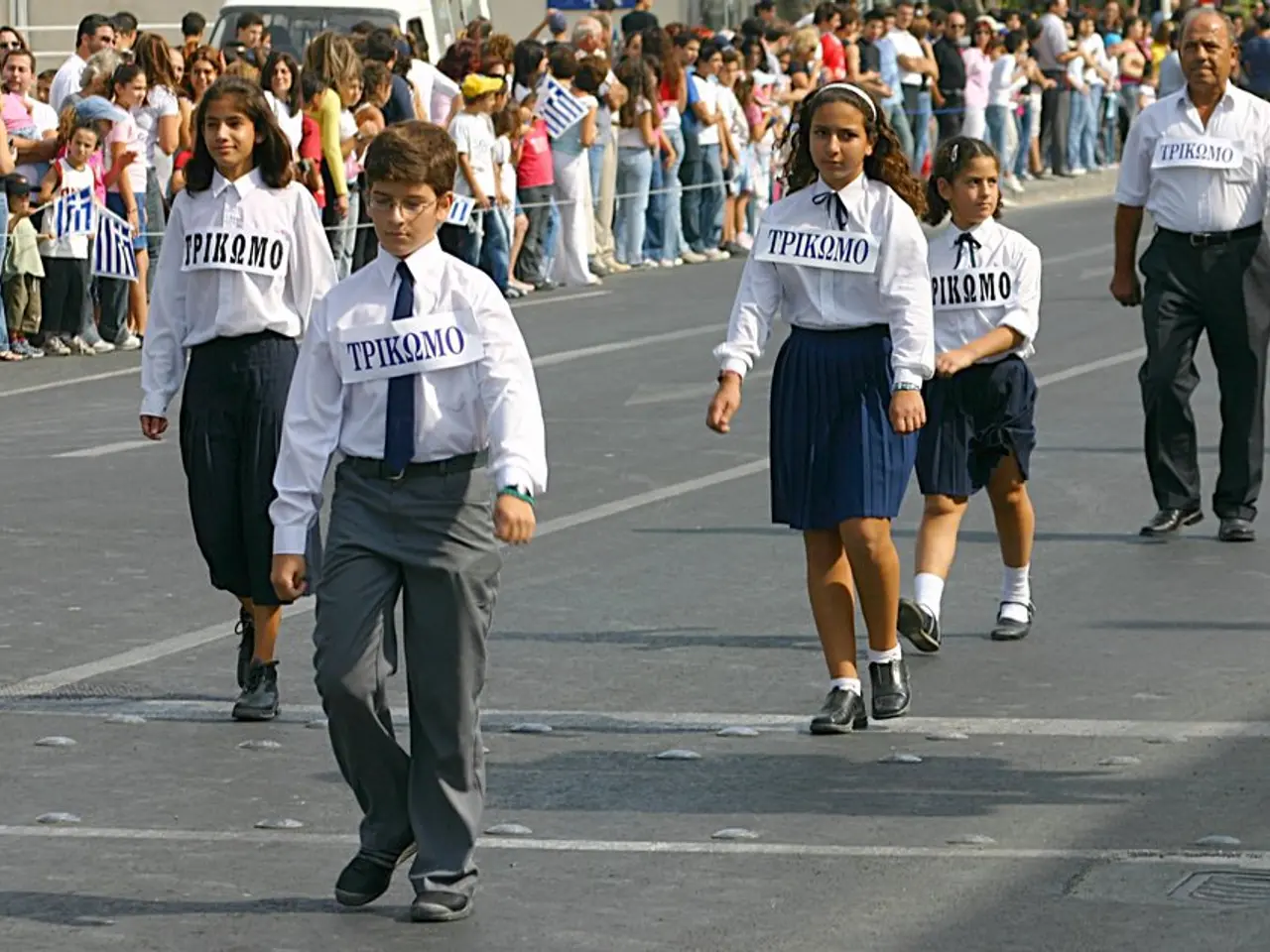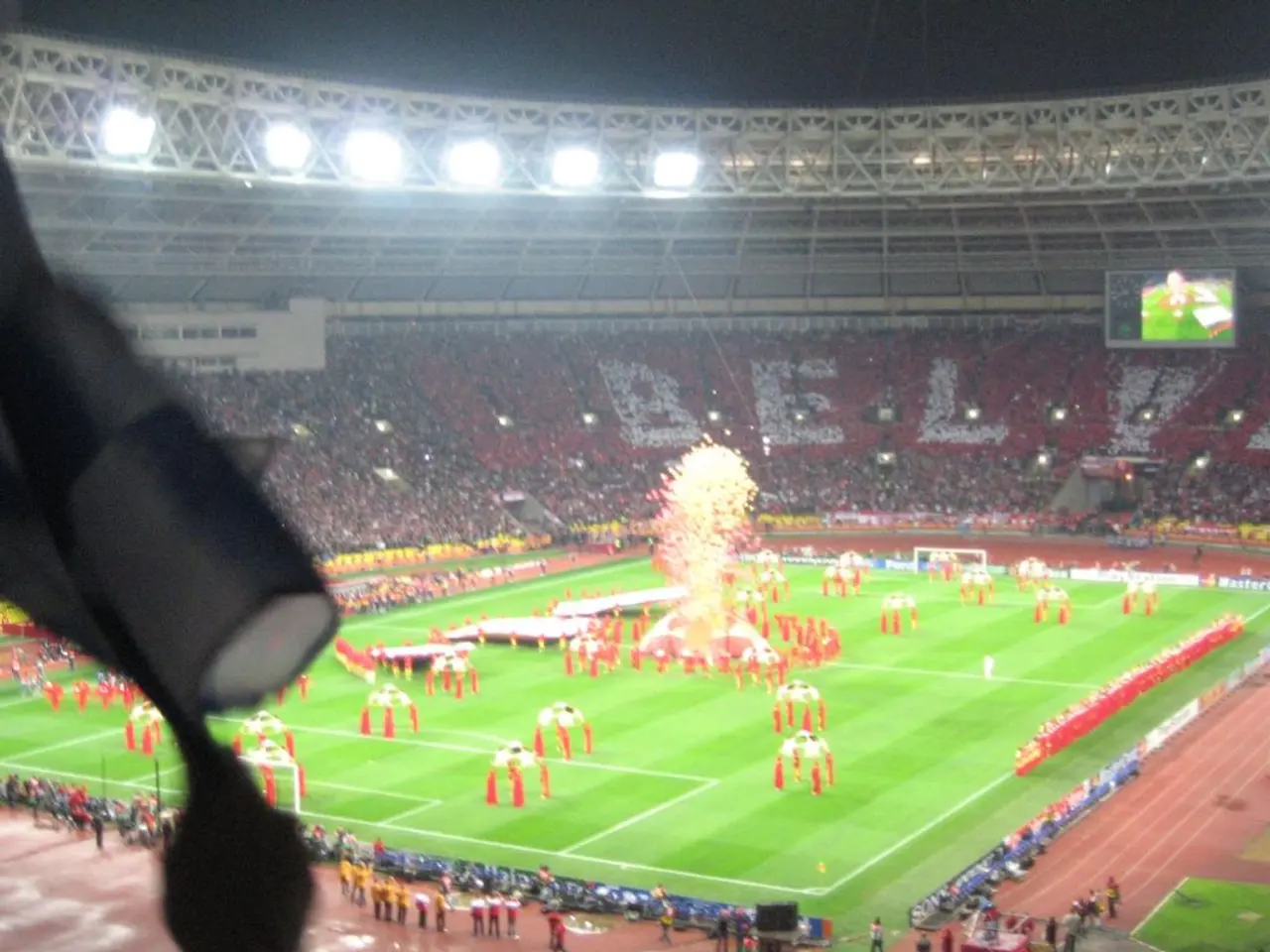Bremen Philharmonic Orchestra's "Festival Journey" to the Alps and the sea on the 28th and 29th of October
Felix Mendelssohn Bartholdy's overture "Meeresstille und glückliche Fahrt" and Richard Strauss's Alpensinfonie are two captivating orchestral works that transport listeners to the heart of nature. Despite arising from different historical and artistic contexts, they share a common thread - a deep connection to the poetic and natural imagery of their times.
Richard Strauss's Alpensinfonie (1915)
Richard Strauss's Alpensinfonie is a monumental tone poem that musically depicts a detailed and vivid journey through the Alps, from dawn to nightfall. This work, composed towards the end of the Romantic tradition, is notable for its vast orchestration and descriptive power. The piece epitomises the late 19th- and early 20th-century German Romantic fascination with nature and the sublime, capturing both the grandeur and the spiritual experience of the Alpine landscape.
Inspired by the Wagnerian legacy and symphonic poems pioneered by Franz Liszt, Strauss embraced vivid musical storytelling. Alpensinfonie is historically significant as one of Strauss’s most ambitious and evocative tone poems, representing the height of his mastery in orchestral colour and narrative without words. It also reflects cultural themes of the time related to nationalism and a deep connection to nature in German art music.
Felix Mendelssohn Bartholdy’s overture Meeresstille und glückliche Fahrt (1828)
Inspired by two poems of the same name by Johann Wolfgang von Goethe, Mendelssohn's "Meeresstille und glückliche Fahrt" is a "tonal painting for orchestra". Composed during the early Romantic period, this overture fits well within Mendelssohn’s oeuvre of vivid, concise orchestral works that evoke clear moods and natural phenomena. The piece is significant as a representation of early German Romanticism’s poetic and programmatic tendencies, projecting the moods of nature—stillness and joyful movement—through orchestral writing. Mendelssohn’s work is more compact and classically structured than Strauss’s expansive Alpine Symphony but shares the idea of capturing a narrative or scene without words, emphasising clarity, elegance, and emotional immediacy.
A Musical Journey in Bremen
On October 28 and 29, the Bremen Philharmonic will perform Richard Strauss's Alpensinfonie and Felix Mendelssohn Bartholdy's overture "Meeresstille und glückliche Fahrt" at the Konzerthaus Glocke. Pianist Nathalia Milstein will make her debut with the Bremen Philharmonic between the two works, performing Dmitri Shostakovich's Piano Concerto No. 2.
Shostakovich's second piano concerto stands in stark contrast to his tragic symphonies No. 10 and 11. It is one of his most popular works and is also used as film music. The concert promises to be a musical journey that transcends time and space, immersing audiences in the power and beauty of nature, as captured by Strauss and Mendelssohn, and the emotional depth of Shostakovich.
In a nod to the premiere of Richard Strauss's Alpensinfonie, the music magazine "Signale für die musikalische Welt" recommended snow goggles for concertgoers. While snow goggles may not be necessary, the concert promises to be a breathtaking experience, transporting audiences to the heart of the Alps and the calm, prosperous sea.
[1] Cultural Note: Strauss's Alpensinfonie’s orchestral richness and mythical grandeur have continued influencing music and media; for instance, it was notably used for atmosphere in 20th-century film scoring contexts, which demonstrates its enduring expressive power beyond concert halls.
[4] Additional cultural note: Strauss's Alpensinfonie’s orchestral richness and mythical grandeur have continued influencing music and media; for instance, it was notably used for atmosphere in 20th-century film scoring contexts, which demonstrates its enduring expressive power beyond concert halls.
- The Bremen Philharmonic's performance of Richard Strauss's Alpensinfonie and Felix Mendelssohn Bartholdy's overture "Meeresstille und glückliche Fahrt" will offer an engaging musical journey, immersing audiences in the poetry and natural imagery captured in both compositions, ranging from the grandeur of the Alps to the tranquility of the sea.
- Beyond the concert hall, Richard Strauss's Alpensinfonie has left an indelible mark on music and media, with its orchestral richness and mythical grandeur being notably used in 20th-century film scoring, showcasing its lasting expressive power in various forms of entertainment.
